All We Have Is Each Other
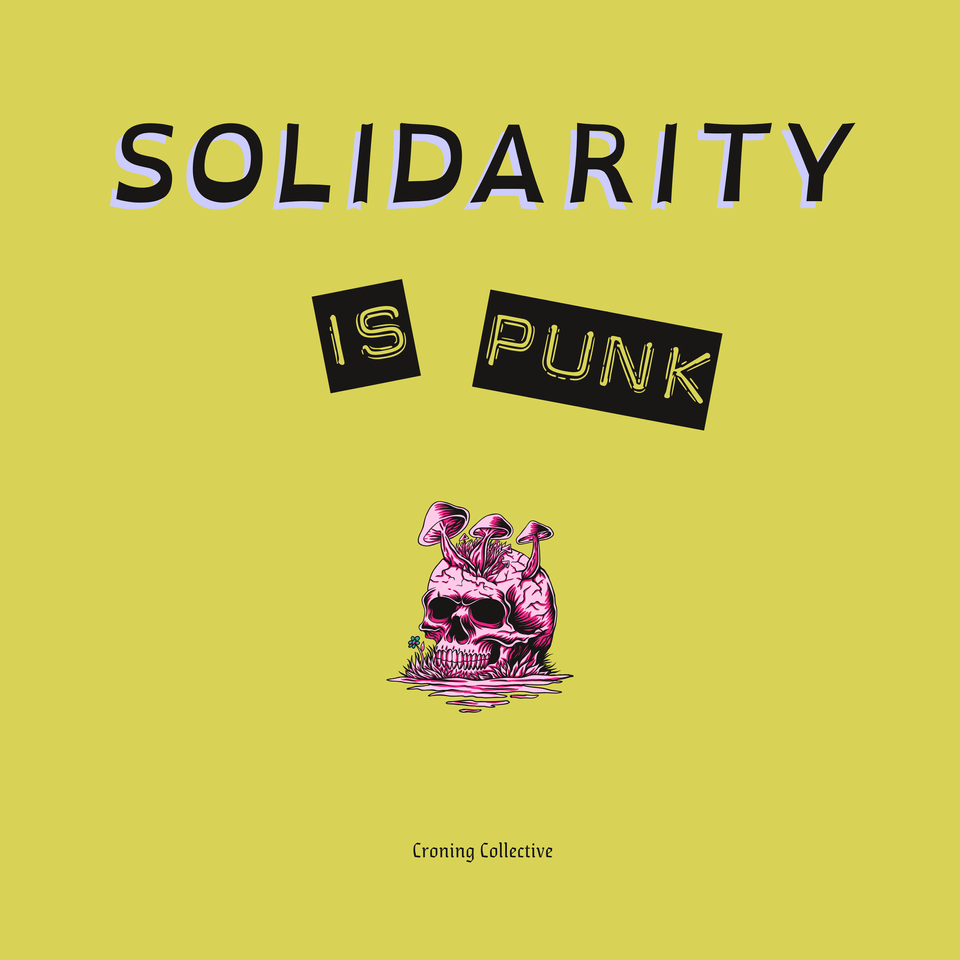
This is the first part of what I intend to be a series. This is a free post. Future posts in this series will be for paid subscribers and I’ll tell you why: I am radically underemployed and the job market in the not-for-profit world is bad. Organizations that depend on grants and donations are freaking out because they have no idea what kind of funding they can expect during the next four years. Also? You might be shocked to learn this, but middle-aged women aren’t exactly in high demand as new hires!
My family can afford for me to keep doing the kind of work that matters to me rather than, say, taking a job teaching AI how to take all the jobs I might ever have. (If you’re a writer, there are endless opportunities to do this work right now.) But getting paid is nice. It makes a material difference to me and my family. And I believe that my work has value. If you agree, please become a paid subscriber.
On my calendar, Monday, January 20, is Martin Luther King Day. It’s also the night when Mt. Pleasant Public Schools holds its 37th annual Peacemaking Ceremony, in which the district recognizes students who demonstrate compassion and kindness and help create a sense of belonging in our schools.
This is one of the highlights of my year as a school board member. I love congratulating the students who are being honored, but I also love how many people turn out for this event. It’s not just parents. It’s grandmas and grandpas and aunties and uncles and friends, too. What makes it extra special, to me, is that this isn’t about academic or athletic achievement. It’s about choosing to be a good person—a good friend, a good community member, a good citizen.
On my to-do list for Monday? Getting in touch with my lawyer friend at the Michigan Association of School Boards and my comrades at Michigan Education Justice Coalition to see if they have guidance for schools about what to do if ICE shows up. (The Michigan Department of Education recently issued a memo outlining students’ rights and relevant laws and agencies.) I’m trying to figure out who, in my district, will have the best idea of how many of our students are likely to be directly impacted by the threat of mass deportation, but I’m also thinking about the threat of mass deportation as stochastic terrorism—something that is as much a mental health issue as a legal and civil rights issue.
This is how I am spending an MLK Day that is also an Inauguration Day. If you’re struggling to figure out how you’re going to spend this day, here are some suggestions:
How to Cope with the Inauguration of the U.S. President 2025: Prioritize Mental Health
I know nothing about Mountains Health, but this list seems totally legit to me.
A Guide To Getting Through Inauguration Day With Your Mental Health (Somewhat) Intact
SheKnows is, I guess, a parenting site. It seems to be full of junk, including the sort of sketchy ads that blight most commercial websites, including legacy news outlets. There are a lot of internal links and links that are probably sponsored. But… As a freelance writer I know how hard it is to get paid for writing something you care about and I feel like Maggie Ryan—whose beat seems to be health and wellness—does a pretty good job of offering solid advice within the constraints of her medium.
If memory serves, I was still in a fog of mourning when Inauguration Day 2021 rolled around. This time, I’m in a very different place. I was surprised by the outcome of the 2024 election, but I wasn’t shocked to my core, and I think I was preparing for outcome we got without consciously, purposefully preparing for it.
Since the election, I’ve been more intentional, and Inauguration Day seems like a good time to start sharing my thoughts on what’s to come and how we work together to protect what matters to us.
A lot of people—me included—tried to use Project 2025 as a warning during the election season. That didn’t work out as well as anyone had hoped! Which leaves us with Project 2025 as a map of what is (probably) ahead of us.
If you’re not familiar with Project 2025, it’s a 922-page wish list for a second Trump administration and you can read the whole thing if you want to. You probably don’t want to, though, and you don’t have to because plenty of other people have. Here are some synopses and analyses that I find trustworthy:
- Project 2025, Explained | American Civil Liberties Union
- The 19th Explains: What you need to know about Project 2025
- Project 2025 | Brennan Center for Justice
- Project 2025: The Far-Right Playbook for American Authoritarianism
- Heather Cox Richardson Talks Project 2025
- Heather Cox Richardson Talks Project 2025 (10 Minute Version)
For my own purposes, I’ve broken down Project 2025 into issues that are going to deserve our attention in the coming years. To be clear: These are my categories, and I don’t suggest that they are definitive. I also understand that these categories intersect. I’ve just been trying to break a giant existential crisis into smaller, perhaps more manageable, existential crises. Here are the issues as I have defined them:
- Public Education
- Reproductive Justice
- LGBTQ Rights
- Workers’ Rights
- Rights for People with Disabilities
- Rights for Migrants
- Rights for BIPOC
- Voting Rights
- Criminal Justice
- Religious Freedom
These smaller crises are not any more manageable, practically speaking, than the giant crisis, but these categories do help me to figure out where I have some subject-matter expertise and relevant experience and where I can best serve as a helper. Public education? I know enough to offer guidance to others. LGBTQ rights and reproductive justice? There are people who know more than me, but I can step up in a pinch. Immigration and disability rights? I am basically at the envelope-stuffing level here. BIPOC rights? The most helpful thing I can do is listen, do what I’m told or get out of the way. I guess I can also boost and platform, but my main point is that this is not my lane.
I am, for the most part, keeping my focus close to home. Obviously, what happens at the national level matters, but I have been involved in local politics and community organizing long enough to know that I have more impact if I’m working on the ground and building coalitions with individuals and orgs in my neighborhood.
IMPORTANT NOTE ESPECIALLY FOR NICE WHITE LADIES: I know from personal experience that sometimes our first impulse when we’re confronted with a problem that needs solving is to be the problem solver, and in organizing this often looks like calling up some friends and trying to get something going. When our goal is to help people constituencies to which we do not belong, we may try to start figuring out what the people we’re trying to help need without asking them what they need. The former is seldom the right way to go. The latter is never the right way to go.
Anyway, my plan is to offer some guidance for protecting the people most likely to be most impacted by bad policy and its knock-on effects in the next four years. I’ll start with the areas where I feel most confident as I try to gather some expert advice in the areas where I am out of my depth. In the meantime, I have a few very general resources to offer:
How to Take Action on Inauguration Day and Beyond
The ACLU is here for you.
Navigating the Nonsense and Propaganda of Clownish Authoritarianism
I’m not going to paraphrase because I believe that you should read Thomas Zimmer and subscribe to Thomas Zimmer. I will say that he offers some very simple advice for clearing the fog and focusing on what matters as the second Trump administration begins.
Some Actions That Are Not Protesting Or Voting
I cannot remember where I found this or who created this doc. If you know, please drop a comment. These are good suggestions.
The Key to Creating Lasting Change? Mobilizing the People You Already Know?
From July through November, I worked to get out the vote with Red Wine & Blue. Since then, I have become a relational organizing evangelist. I truly believe that it’s the way to build and grow lasting coalitions. This Harper’s Bazaar article is the best introduction to this tool that I have found.
The Antidote to Authoritarianism
NB: I have not read this entire white paper from the People’s Action Institute. But, based on the endorsements and a slow skim, I’ve saved this for reading later.
Stay tuned for more specific guidance for navigating the road ahead. In the meantime, I’ll leave you with some motivational graphics for women of a certain age and a certain.. I dunno, aesthetic? That’s what the kids say. (Share if you want to.) And, if you’ve read this far, know that I love you and, please, stay hydrated. I had a sexy dream last night that got derailed when I had to admit that I haven’t been drinking enough water lately.
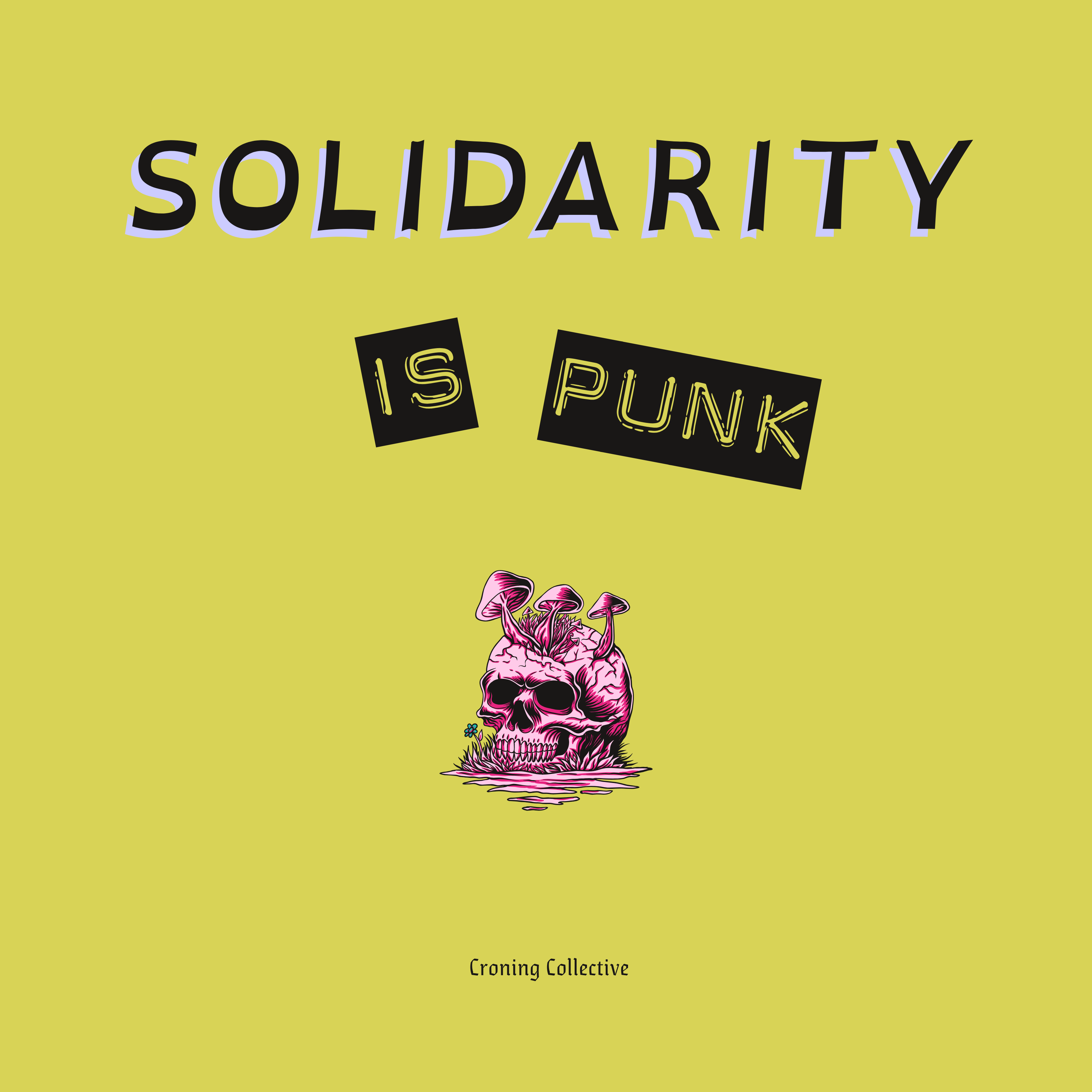
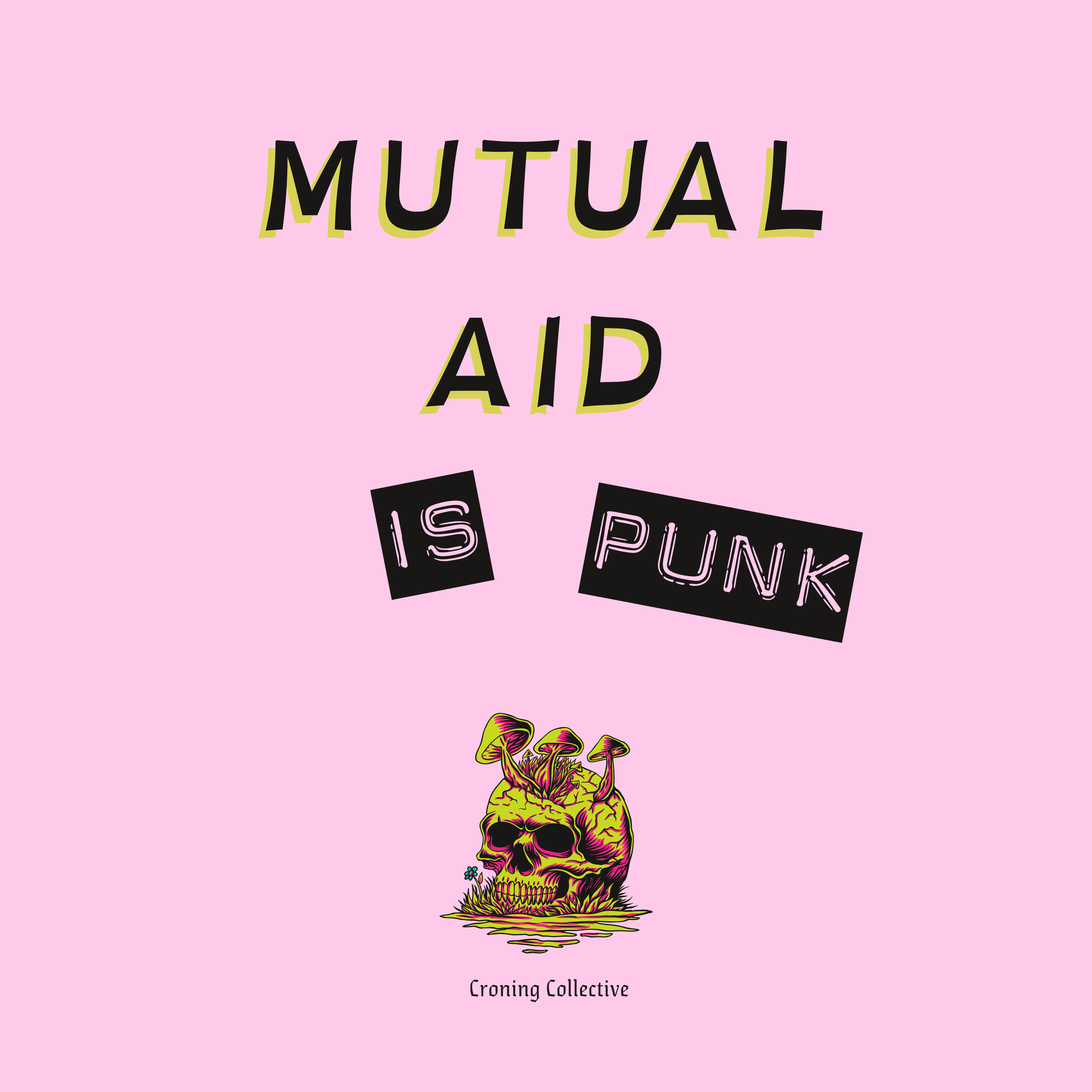
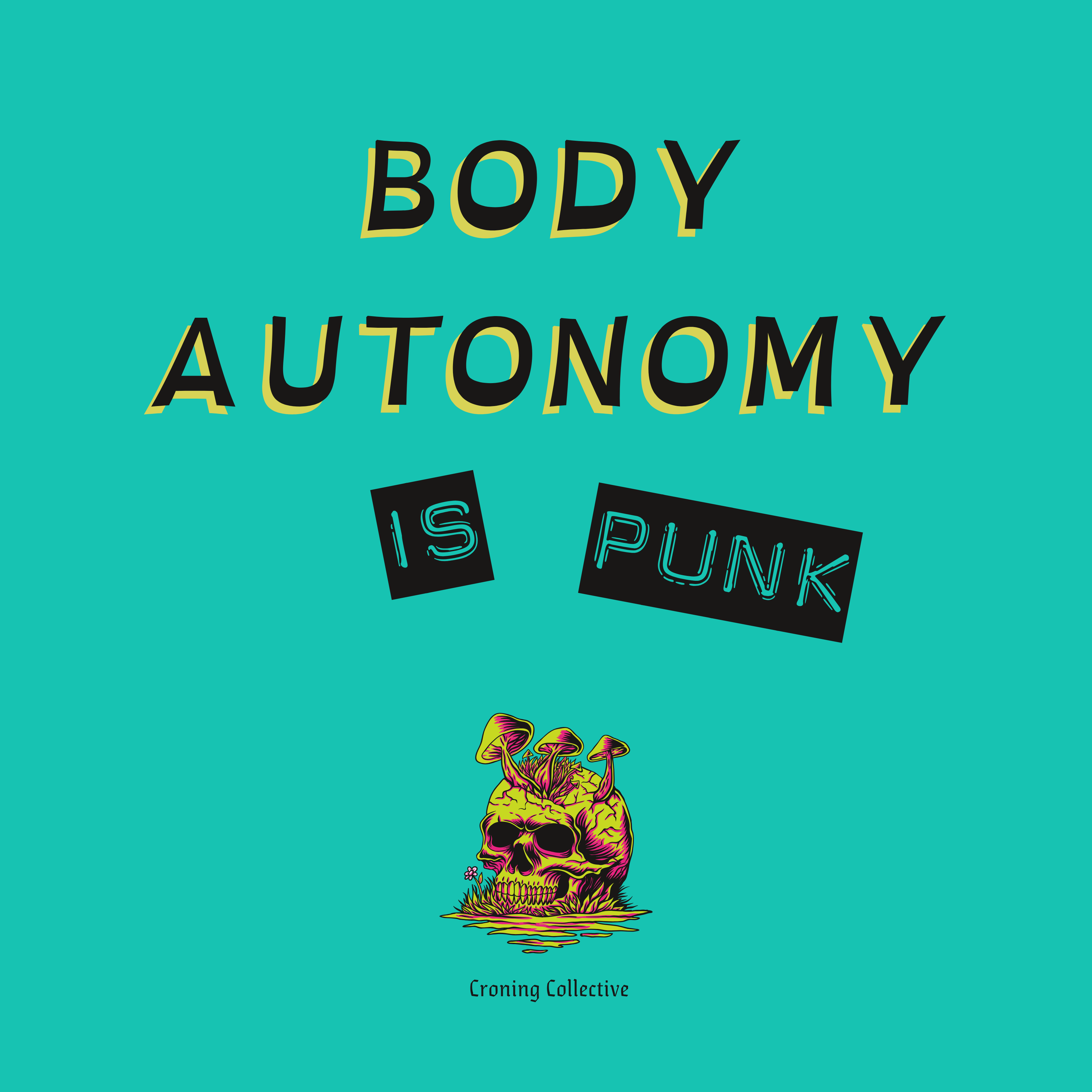
Full disclosure: My awakening on this point was quite recent. My practice has been to advise candidates to ask everyone they’ve ever met for money… Until I realized that I have never, ever just given money to a tribal fundraiser. I have participated in silent auctions. I have purchased raffle tickets. But there is always either an actual exchange of goods for money or the chance of receiving goods for money. I was advising an Indigenous candidate and although I know they got straight-up campaign contributions, “ask everyone you’ve ever met for money” was not culturally competent advice. And, upon reflection, I realized that this wasn’t even advice I followed myself. I asked a lot of people for money when I was running for office, but I sure didn’t ask my grandma for money because I knew she would have given me money she couldn’t afford to give me. ↩
Platforms like GoFundMe have changed this dynamic a bit, but—as far as I can tell—direct aid is not popular with white people. Even with platforms like GoFundMe, there is an expectation that someone other than the recipient will launch it and that there needs to be a really compelling story attached. The way direct aid in some communities is much more, well, direct. There’s an ask. There’s a Venmo handle. You send money if you want to. I know that this can be very uncomfortable for people who need to know that they money is being spent how they would like it to be spent, but it’s not an inherently bad model—at all—and it acknowledges the reality that, yeah, sometimes what people need most is money. (There’s literature on Universal Basic Income and no-strings-attached giving that supports this practice, but I’m not digging it up.) ↩
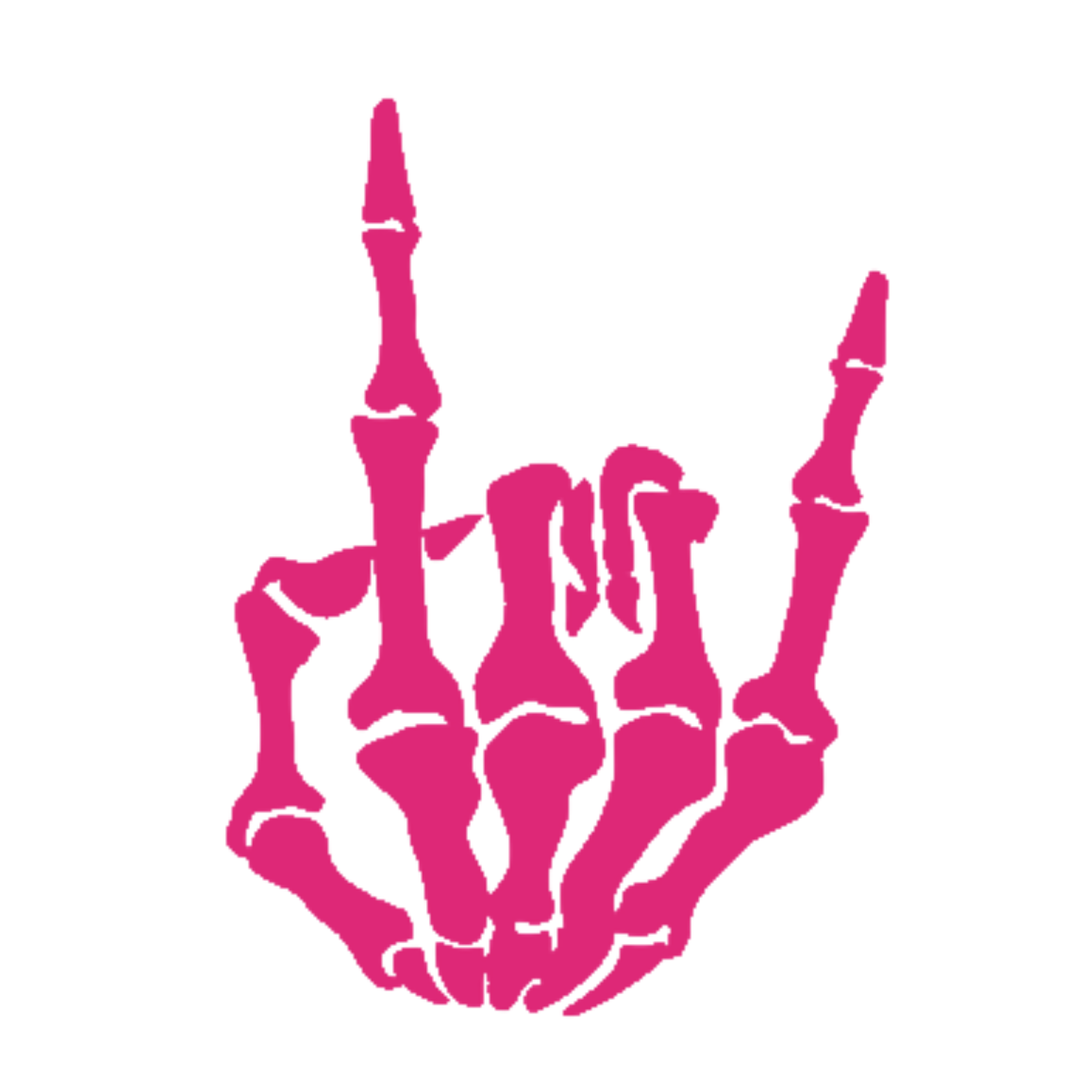

Comments ()